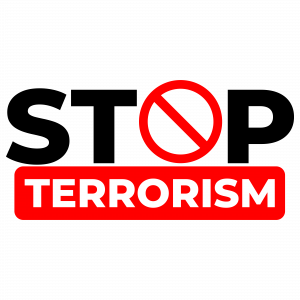stop terror
Terrorism, the systematic use of violence to create a general climate of fear in a population and thereby to bring about a particular political objective. Terrorism has been practiced by political organizations with both rightist and leftist objectives, by nationalistic and religious groups, by revolutionaries, and even by state institutions such as armies, intelligence services, and police. In the late 20th century, the term ecoterrorism was used to describe acts of environmental destruction committed in order to further a political goal or as an act of war
cavitas-oris.com
Terror was first coined in the 1790s to refer to the terror used during the French Revolution by the revolutionaries against their opponents. The Jacobin party of Maximilien Robespierre carried out a Reign of Terror involving mass executions by the guillotine
Terrorism is not legally defined in all jurisdictions; the statutes that do exist, however, generally share some common elements. Schedule 2 of Counter-Terrorism Act 2008 contains a list of offences which a judge could conclude have ‘a terrorist connection’ in United Kingdom, including:
- serious violence against a person or damage to property
- endangering a person’s life other than that of the person committing the action
- creating a serious risk to the health or safety of the public or a section of the public
- action designed to seriously interfere with or seriously to disrupt an electronic system
It is important to note that in order to be convicted of a terrorism offence a person doesn’t actually have to commit what could be considered a terrorist attack. Planning, assisting and even collecting information on how to commit terrorist acts are all crimes under British terrorism legislation
stockphoto – pixabay 2017
